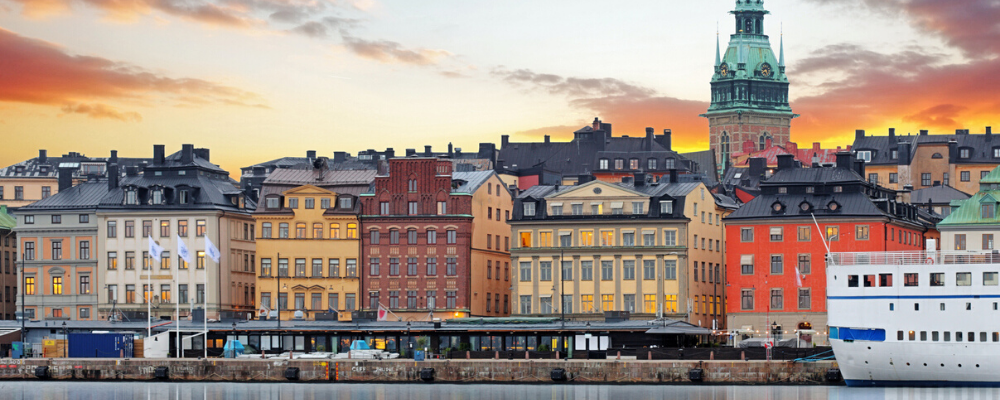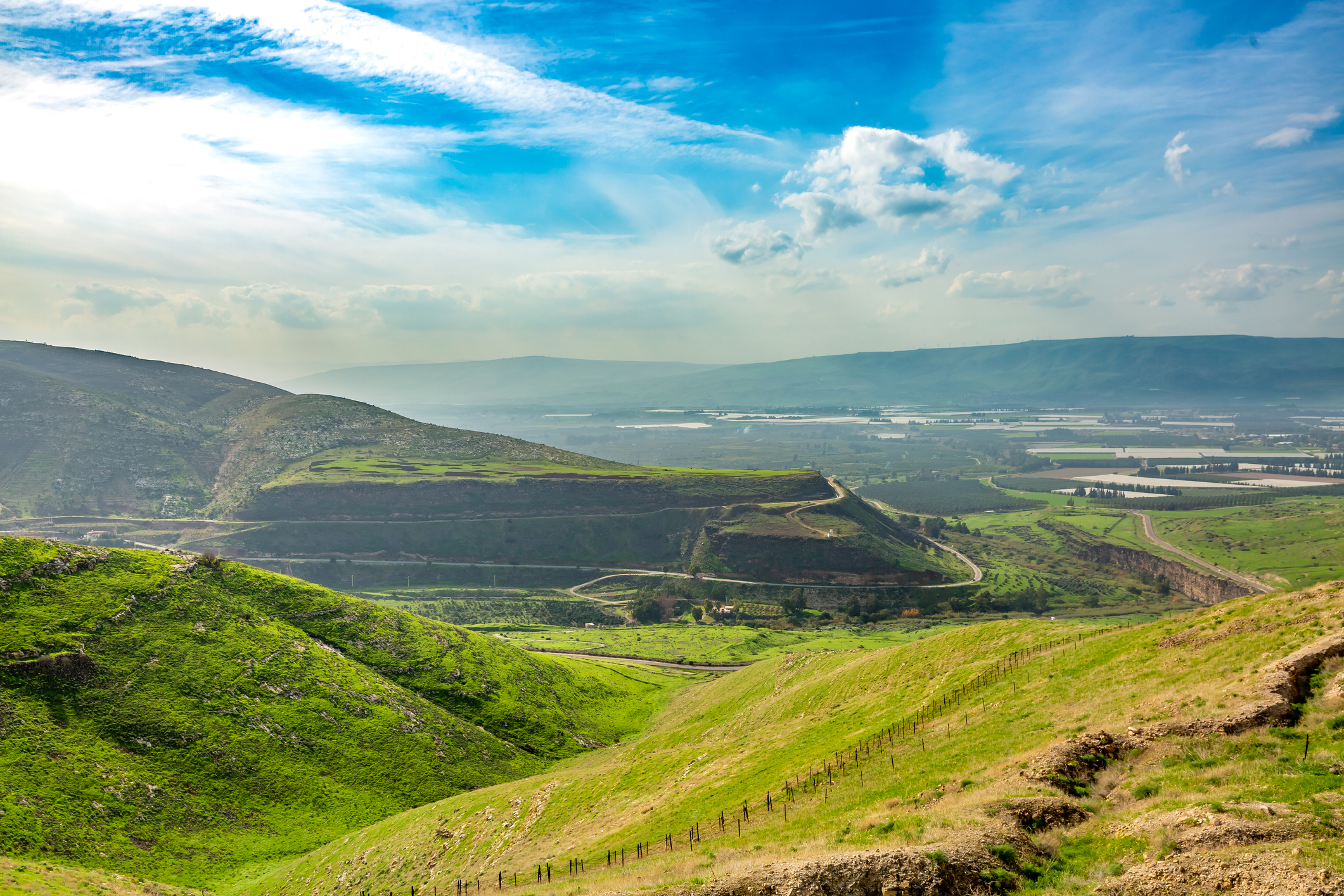As the pandemic continues across the world, businesspeople might be wondering how to adjust to the rapidly-changing situation in different countries.
With that in mind, we asked some of our GlobeSmart experts to give some insight into the current etiquette behind social distancing in their countries, how people are adjusting, and what foreign businesspeople need to know now.

Japan
From our GlobeSmart Country Advisor: As in many countries, the situation and responses to COVID-19 in Japan are changing every day. People in Japan’s cities are still using trains and visiting parks, especially as spring has brought the arrival of the cherry blossoms. The government is considering ways to limit these and other large gatherings; they’ve just postponed the 2020 Tokyo Olympics, for example.
One behavior common in Japan that might be different from other cultures is that almost everyone in Japan will wear masks when out in public, and people may be considered inconsiderate if they are not wearing masks. Another thing to know: in Japan, the default greeting is a bow – not a hug or a handshake. This movement naturally delivers more social distancing.

Singapore
From our GlobeSmart Country Advisor: The social distancing directives in Singapore currently seem to be overpowering local cultural norms and etiquette. People are speaking very openly about addressing the need not to meet, or maintain distance when meeting, and this is well-received and responded to with empathy and similar sentiments. Considering Singapore is a country that values relationships and in-person meetings, this is interesting to see.
Having said that, there are pockets of society that are less agile or more resistant to this. This may be generational and seen in teenagers and young adults who may not fully appreciate the gravity of this situation. Also, some highly rigid organizational structures have not been open to the concept of flexible work arrangements or trusting employees to work remotely. These few companies that have not embraced “work from home” policies run the risk of being perceived as less caring than most organizations.
Singaporeans are long used to adhering to governmental directives and law, so any information shared as a precautionary measure, even if it is not enforced, is accepted and followed religiously. In fact, Singaporeans were asking for a total lockdown and stricter measures.
In terms of comparing this to other countries, Singapore is far ahead of the curve compared to its South-East Asian neighbors that are struggling with controls and measures. Advice to foreign businesspeople in Singapore would be to accept and follow guidelines very strictly in Singapore and encourage this with their organizations and stakeholders to establish that credibility and respect with their Singaporean counterparts.

India
From our GlobeSmart Country Advisor: Social distancing is somewhat difficult in a country like India, where the community is everything. Going to worship at a temple, mosque, or church is an essential part of daily life for many Indians. All these places have had to be shut down. If not, people would have started crowding them even more in response to the current situation.
The government has ordered a complete lockdown across the country until 21 April. The Prime Minister declared a one-day curfew on Sunday, 22 March (as a trial), which was flouted by many. On the same day, he called on Indians to clap and cheer the emergency services from their balconies, but many misunderstood the call and assembled in the streets as they danced and cheered in huge numbers! When the lockdown was declared, people began crowding markets in huge numbers to stock up, flouting all rules of social distancing.
Concerning current etiquette regarding social distancing, people in metropolitan cities (in particular, educated upper and middle-class folks) that have easy access to all forms of social media have been following social distancing more seriously than many other parts of society. The fear that information from China, Italy, and Spain has instilled is the main reason for this. Unfortunately, we have a large percentage of the population that may not even know where Spain and Italy are. The fact remains that it is hard to understand the suffering of someone that you do not know.
With regard to foreign business people coming to India, we can assume that in work and other social situations, they will be surrounded by people that understand social distancing and will have to follow the rules just like any other part of the world. That said, if they end up using public transport, hiring a driver or help for their home, or heading to the local grocery, they may see instances of lack of social distancing.

Germany
From our GlobeSmart Country Advisor: Things in Germany (Berlin specifically) have been pretty similar to what people have seen in other regions where the government has told people to stay home. However, many people are still out and about, being outside, going to supermarkets, etc. (It being the first weeks of spring hasn’t helped since people are desperate to be outside after it is dark and cold all winter.) Recently, Angela Merkel’s doctor got diagnosed, and that made the situation more dangerous. Merkel is now isolating, and Germany has outright prohibited gatherings of more than two people.
People typically aren’t wearing masks in public. They’re considered somewhat overdramatic and only for healthcare workers. In the cities, people are still not watching personal space when out in public, even with the new restrictions in place. The stores and bakeries that are still open have implemented sound systems to keep people separated, though, and only serve one person at a time.

China
From our GlobeSmart Country Advisor: China and Hong Kong was the first region in the world affected by the coronavirus. This, combined with the SARS experience from back in 2003, has created a stronger social sense and mindset when it comes to social distance protocol. For instance:
- Wearing a mask is common in China and Hong Kong. People will wear a mask in the office, and will only take it off during lunchtime. A company will provide surgical masks every day for employees, and people will keep a reasonable distance when they meet with clients and contractors. They will also keep masks on during meetings.
- People do work in offices, but the offices will divide into different zones. Cross-zone in-person interaction (including having lunch together) is discouraged.
- Many office buildings will apply a body temperature check at the entrance, and will ask employees to leave when body temperature is higher than normal.

Sweden
From our GlobeSmart Country Advisor: I have three main observations with the Swedish video of quarantine:
Social distancing runs deep in the Swedish veins. There’s a longing for solitude deep in the Swedish nature. It’s common for Swedes to avoid noisy surroundings and seek silence; being able to manage on your own is looked upon with both deep respect and a pinch of admiration in the country.
This shows in other spheres. Swedes may not know their neighbors, since they seldom engage in conversations with them in respect of each other’s private space. That doesn’t mean that there aren’t initiatives where neighbors try to help each other right now (there are many); but, again, people don’t generally talk to each other. They stick an announcement to a tree or put it somewhere on the entrance of an apartment building offering to help those in risk groups.
Swedes also generally think that small talk is unnecessary and awkward, so they don’t really engage in conversation with strangers or acquaintances. Again, they find pride in being able to handle being alone (shown in the statistics about single households). That’s why Sweden is probably one of the few countries in the world actually able to achieve effective quarantine without actually announcing it.
Swedes fully trust their government – which, in turn, trust Subject Matter Experts (SMEs). Swedes tend to listen to authority, but their communication style is generally less direct. Those tendencies can be seen in the relationship between government and society. In general, the government does not say “This is how we will do it.” Instead, the language would be “We strongly recommend that you do this.” Swedes then understand that this is not just a recommendation; they’re expected to follow it as if it were a rule.
Another interesting element to know? There’s a general avoidance of conflicts in Sweden, with the personality in the country generally more aligned with the idea of unity now (with the time for debate coming after the crisis ends). Something to think about with business interactions with Swedes.
No masks – but lots of handwashing. In general, Swedes have decided they don’t need masks.* Many people think it’s unnecessary, and the “herd mentality” here is strong, even if Swedes are also very strong individualists (that shows in other aspects).
Swedes feel it is awkward to have a mask on – thinking that it is overacting, being too emotional, and going against scientific logic. However, they are very diligent about constantly washing their hands and maintaining physical distance while talking.
*An important note – as with many other elements in this article, the situation in this country may change as the government and pertinent agencies deal with new information and adjust strategies.

Israel
The social distancing directives in Israel currently seem to be overpowering local cultural norms and etiquette. People are mostly abiding the rules, protecting seniors and at-risk family and friends by not meeting. This was framed by the decision-makers as ‘love your grandparents by staying afar from them’ and stressed in infomercials. The Prime Minister spent time in his daily briefings to stress these points making sure people do not use grandparents as babysitters when schools are closed.
Passover, Easter, Holocaust Memorial Day, Memorial Day, Independence Day, and Ramadan were celebrated and commemorated during the restrictions, and specific stricter regulations got put in place for Jewish, Christian, and Muslim communities on their respective holidays. For Israelis, this created a massive dilemma as traditional forms of celebration entail large gatherings where people share food, repeat ancient stories, and stand together. They serve to strengthen community, and to foster togetherness and shared ethos. Leaving people alone during these days is unheard of. One of the most heartbreaking moments was allowing elders, some of them holocaust survivors, to have the Seder meal alone at the time they need their family’s support the most. It was, therefore, surprising that most of these restrictions were carried out, despite vocal resistance.
Given Israelis’ normally ambivalent attitude towards rules and regulations (‘follow as long as they make sense and are reasonable’), I believe compliance with restrictions will decrease the farther we get from the peak of the crisis. The price Israel has paid economically (with over a million unemployed out of a 9.2 million population) will heighten resistances.
In normal times, Israel is a family and friends-oriented culture. Physical distance is relatively small in comparison to other cultures, with touching, patting on the back, and cheek kissing is an expected part of greeting. Public areas tend to get crowded, and line behavior is unstructured, with people standing very close to each other. Adjustment to the new protocol of physical social distancing has been, therefore, that much more challenging and may be short-lived once the crisis has passed.
Given Israel’s experience with moving from routine to emergency protocol, people, businesses, and institutions have quickly adapted to the new situation. Israel was the first country that stopped flights and insisted on the home quarantine of everyone returning from outside of Israel. People began to work virtually, to juggle work and taking care of children, social interaction moved to online platforms, all this happened very quickly and almost seamlessly. Local industries were called on to search for solutions to the crisis’s problems, including a lack of medical equipment, ventilators, and COVID-19 testing. Volunteering to help communities in response to the changing needs was inspiring. Many of these changes are here to stay and will continue to impact the country.

France
From our GlobeSmart Country Advisor: France was a little slow at first in responding, yet it was consciously observing the impact of the COVID-19 on neighboring Italy. It took longer to close its borders, unlike other Western European countries like Germany and Austria. There is an ongoing shortage throughout the country of protective devices such as masks and gloves. For this reason, nobody is out on the streets without a written authorization to show patrolling police.
- In France the offices are empty. France is very centralized, and the majority of business takes place in Paris. However, surprisingly few business professionals are actually from the city of Paris. The lockdown initiated an immediate exodus from the population-dense Paris towards the French country and seaside, where many Parisians own family homes. The local population remains outraged, accusing the Parisians of “bringing the virus” with them. Therefore, you may find yourself meeting virtually with French counterparts dispersed throughout the whole country. If your French colleagues’ backdrop on the camera show mountains, lakes, or the ocean, then you know that they fled from Paris to their hometowns to quarantine with their extended family.
- France remains a relationship-oriented culture where face-to-face meetings and lunches are crucial to cement relationships and build trust. There has always been a continued resistance to “home office” and virtual meetings based on the perception: If the boss can’t see you, you must not be working! The coronavirus has changed this radically: within three weeks, the French business world has forcefully been catapulted into virtual meetings, turning on cameras and revealing the intimacy of their homes to colleagues. All these new virtual techniques of working along with the new “intimacy” it has created will only be beneficial to the economy in the long run.
Looking for guidance on how to adjust to the ever-changing current work environment?
Aperian can help.









